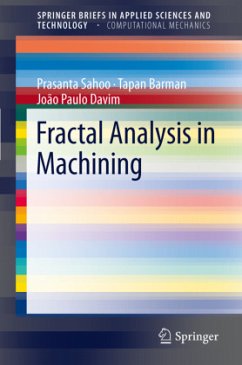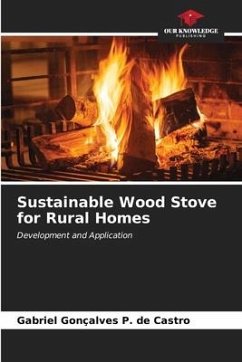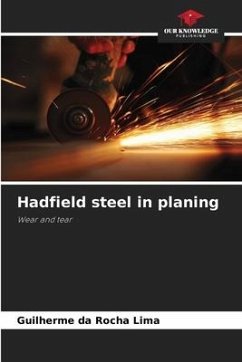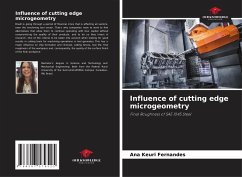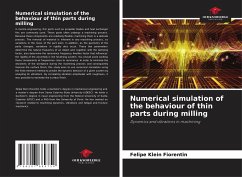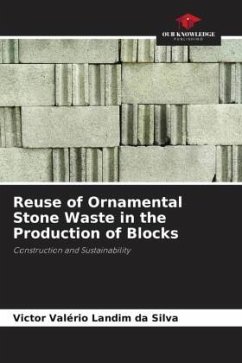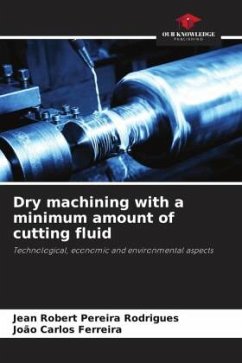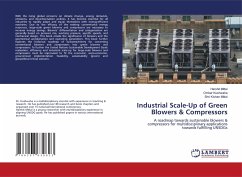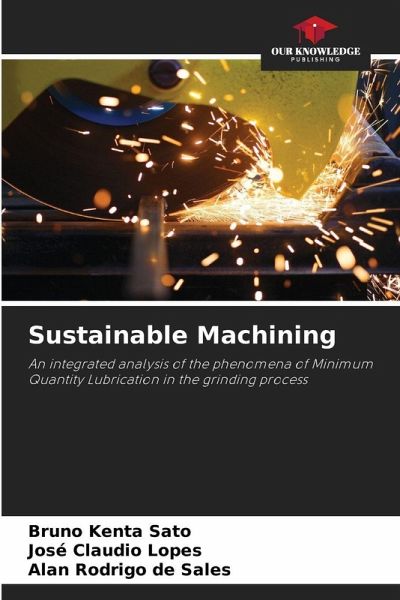
Sustainable Machining
An integrated analysis of the phenomena of Minimum Quantity Lubrication in the grinding process
Versandkostenfrei!
Versandfertig in 6-10 Tagen
33,99 €
inkl. MwSt.

PAYBACK Punkte
17 °P sammeln!
The application of minimum quantity lubrication (MQL) in machining began to be studied as an alternative to reduce the use of cutting fluids, with the aim of making production less harmful to the environment. In grinding, despite being considered an innovative technique from an environmental standpoint, excessive heat generation and clogging of the grinding wheel pores caused by chips impose certain limitations on its use, impairing the final quality of the part and increasing tool wear. The use of the MQL technique was improved by using synthetic soluble oil. Thus, a mixture of air and oil wi...
The application of minimum quantity lubrication (MQL) in machining began to be studied as an alternative to reduce the use of cutting fluids, with the aim of making production less harmful to the environment. In grinding, despite being considered an innovative technique from an environmental standpoint, excessive heat generation and clogging of the grinding wheel pores caused by chips impose certain limitations on its use, impairing the final quality of the part and increasing tool wear. The use of the MQL technique was improved by using synthetic soluble oil. Thus, a mixture of air and oil with proportions of water added to the grinding wheel-part interface was used to improve the cooling of the process. In order to minimize grinding wheel clogging, generated during the machining process by the mixture formed by the MQL oil and chips, an innovative method was used, consisting of applying a high-pressure compressed air jet to the cutting surface of the grinding wheel. This book will present results from scientific analyses aimed at cataloging the phenomena resulting from the use of this new technique in the grinding process.



